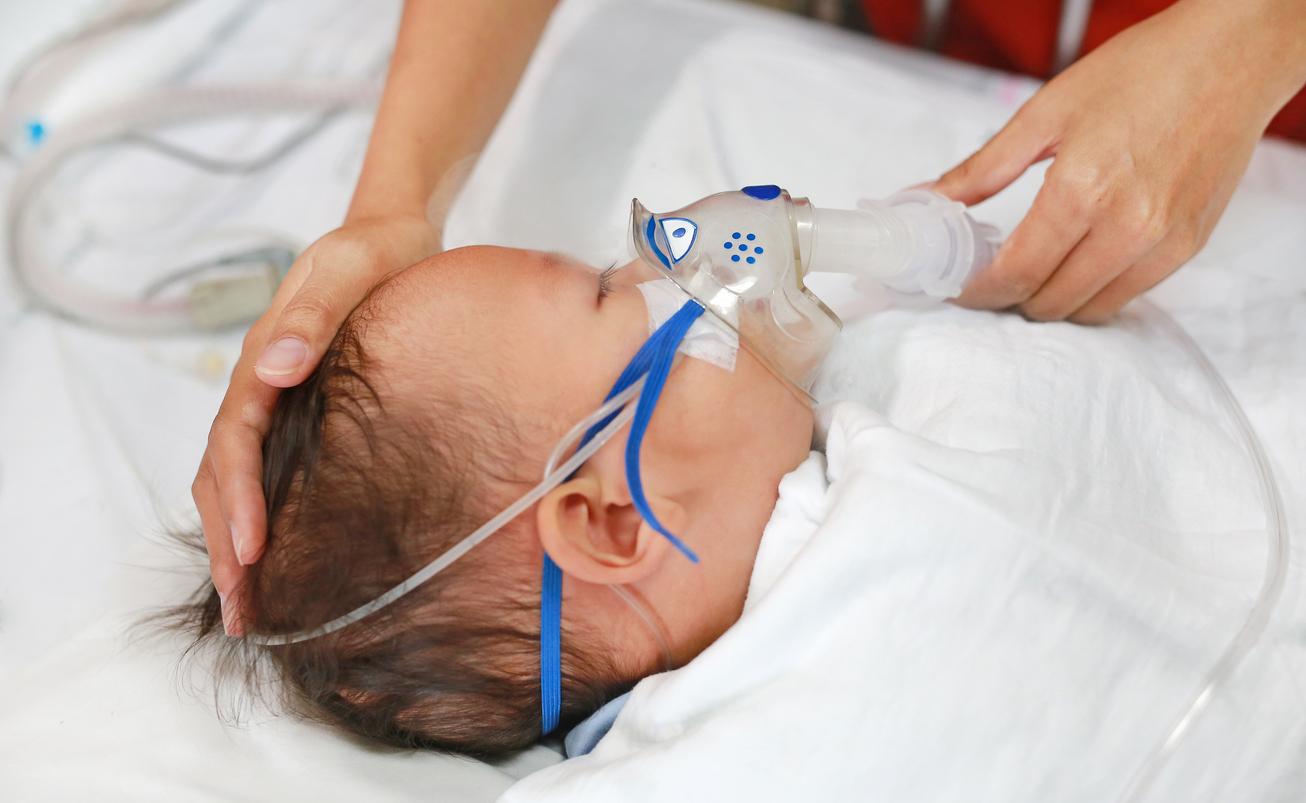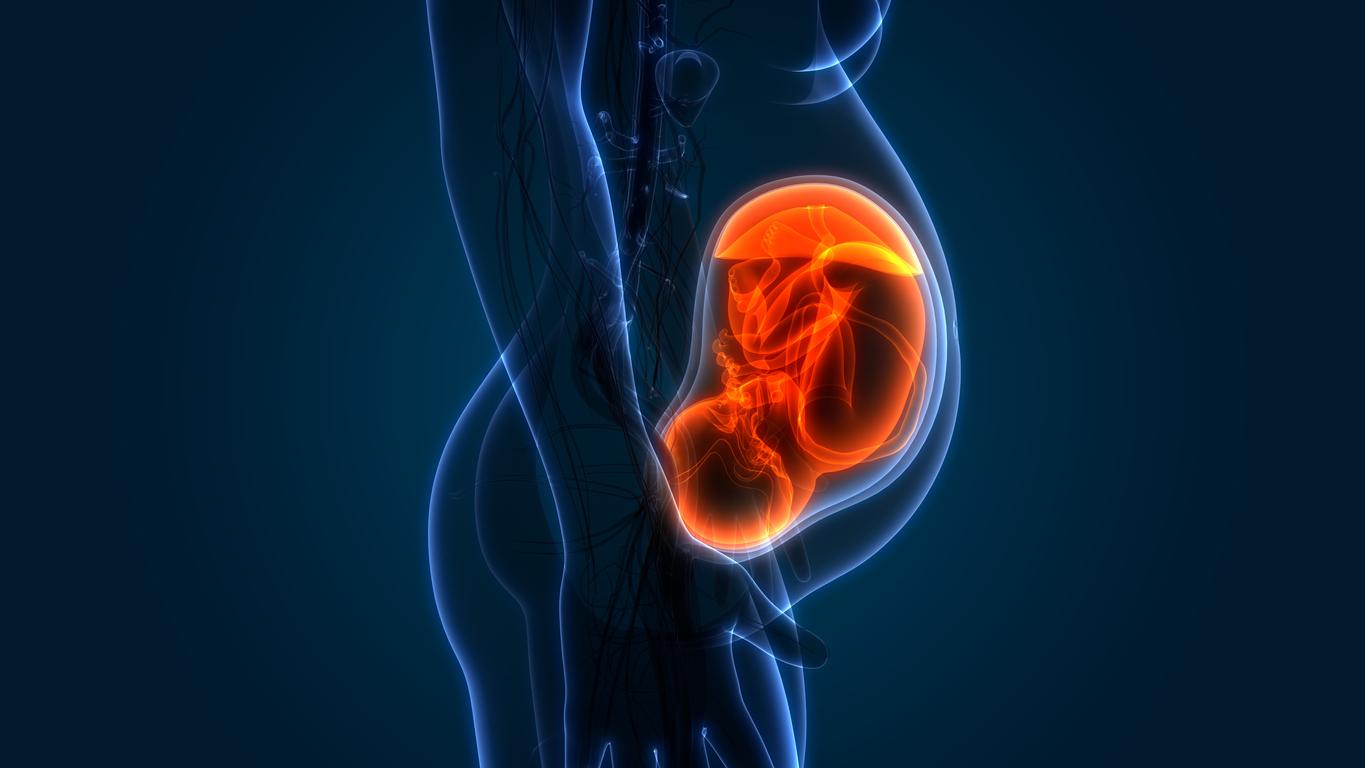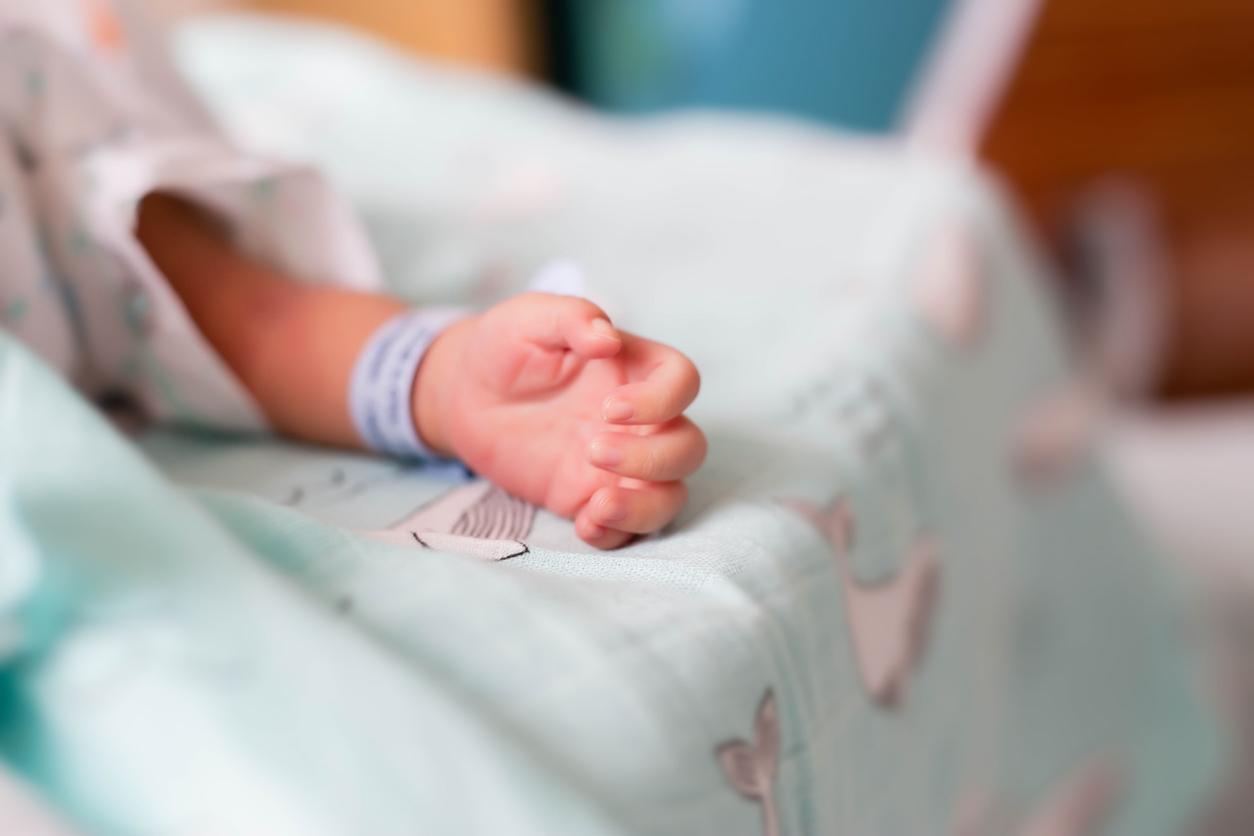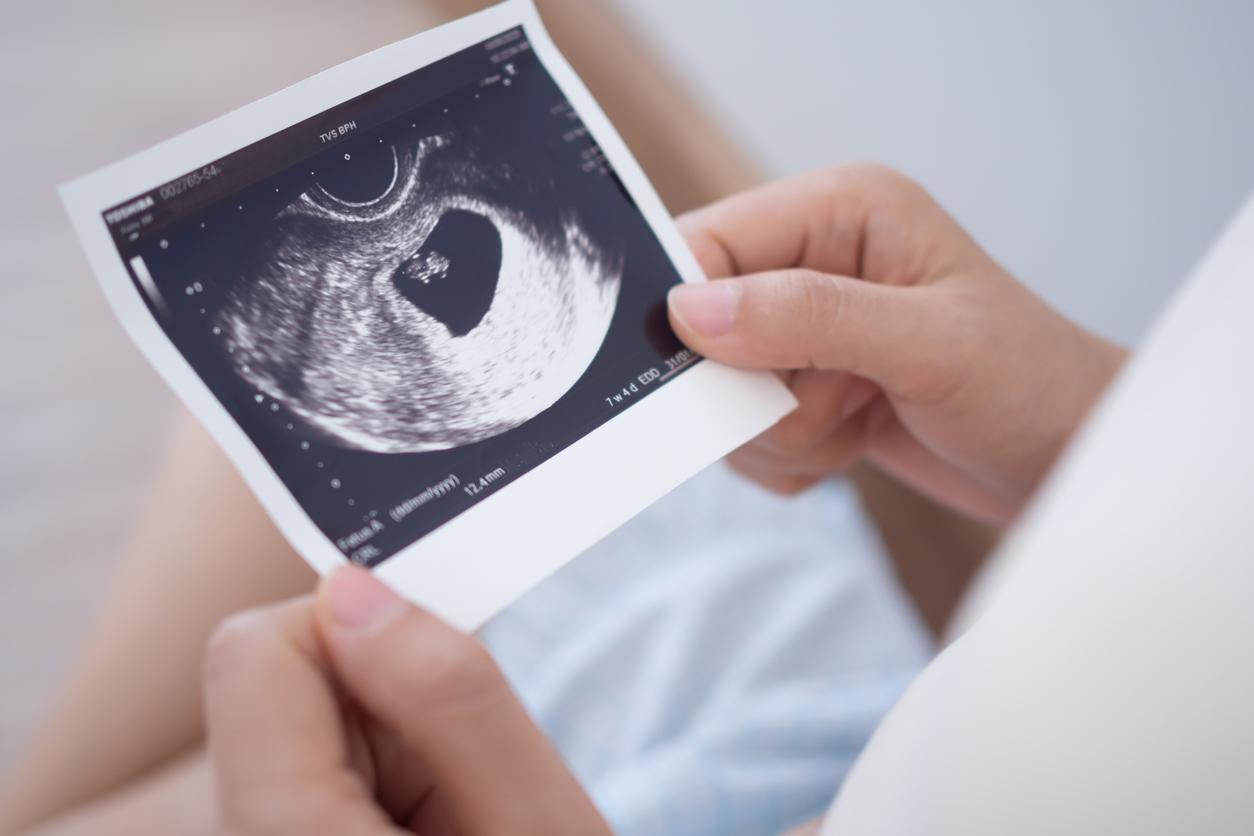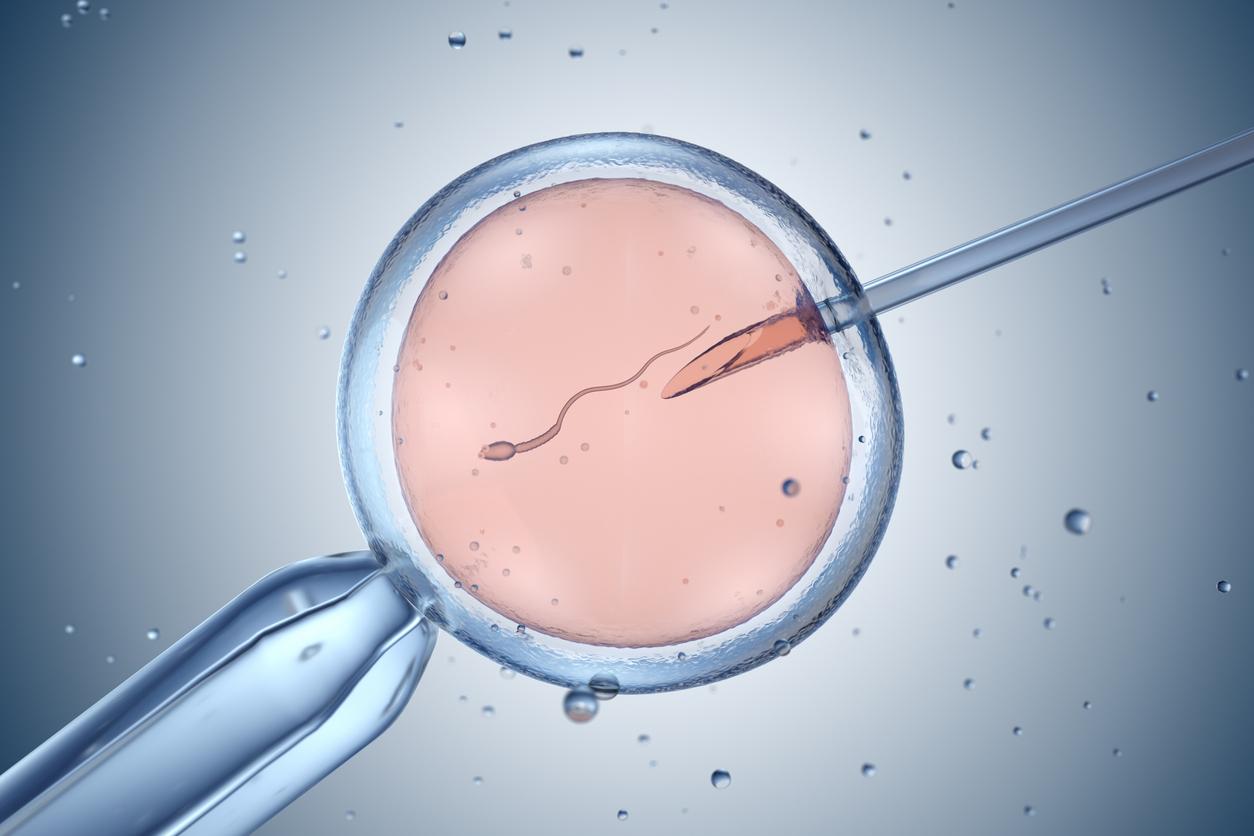For the first time, American and Canadian researchers have treated a baby with Pompe disease before birth. This genetic pathology is characterized by a weakening of all the muscles.

- One in 40,000 children is affected by Pompe disease.
- Ayla, a Canadian girl, was the first to receive in-utero treatment for Pompe disease.
This is a world first. At the hospital in Ottawa (Canada), in 2021, Ayla, a little Canadian girl, received in-utero treatment following the diagnosis of Pompe disease. This rare genetic condition weakens the muscles of the body, especially those of the heart and skeleton.
An enzyme deficiency at the origin of Pompe disease
“People with Pompe disease lack an enzyme called acid alfa-glucosidase, which breaks down glycogen, a complex sugar, so it can be used for energy. When too much glycogen builds up in the muscle cells, these are damaged and the muscles lose their function. The disease is rare. It affects one in 40,000 births”can we read in a press release of the ottawa hospital. If left untreated, children affected by this disease die within their first year of life. They must therefore follow enzyme replacement therapy for life.
Zahid Bashir and Sobia Qureshi, Ayla’s parents, both carry a recessive gene for Pompe disease. There is therefore a one in four chance that their child will inherit the disease. Before Ayla, the couple had Hamza, 13, and Maha, 5, but unfortunately they lost two little girls, Zara and Sara, to the pathology. At the end of 2020, Sobia Qureshi becomes pregnant again, but her baby is also affected by Pompe disease.
After receiving the diagnosis, the parents were referred to Dr. Karen Fung-Kee-Fung, specialist in maternal-fetal medicine at the Ottawa Hospital in Ontario (Canada). At the same time, a clinical trial on enzyme replacement therapy administered prenatally was to begin in San Francisco (United States). This approach relies on the administration of an artificially made enzyme to replace the missing enzyme. “This early intervention would hopefully limit the damage caused by the disease and prevent the vulnerable newborn from developing potentially serious immune reactions to the drug.”the scientists said.
Enzyme replacement therapy: six therapy sessions before birth
For the purposes of the clinical trial, Sobia Qureshi had to travel to California every two weeks to follow the six sessions of prenatal therapy, but the restrictions linked to Covid-19 and the fact that she already has children made the journey impossible. Doctor Karen Fung-Kee-Fung and her team therefore agreed with researchers from the University of San Francisco to carry out the treatment at the Ottawa hospital. The specialist administered the six therapy sessions to the mother-to-be with Dr. Felipe Moretti, head of the facility’s maternal-fetal medicine division.
“The University of San Francisco and Duke University provided the new science that underpins this therapeutic approach. In Ottawa, we had the experience and the team to capitalize on this opportunity and provide Ayla with this life-saving treatment. “underlined Doctor Karen Fung-Kee-Fung who also gave birth to the baby.
Ayla celebrated her first birthday in June 2022. Her heart and body are developing and functioning normally. The little girl who is now on enzyme replacement therapy is very lively and very agile. “The new thing she learned is to climb on our sofas (…) I don’t think I’ve had to watch any of my children as much as we have to watch Ayla”said Sobia Qureshi. Before adding: “But, nWe don’t know what things will look like in the next five, ten or twenty years. I hope this trend continues and works wonders.”









